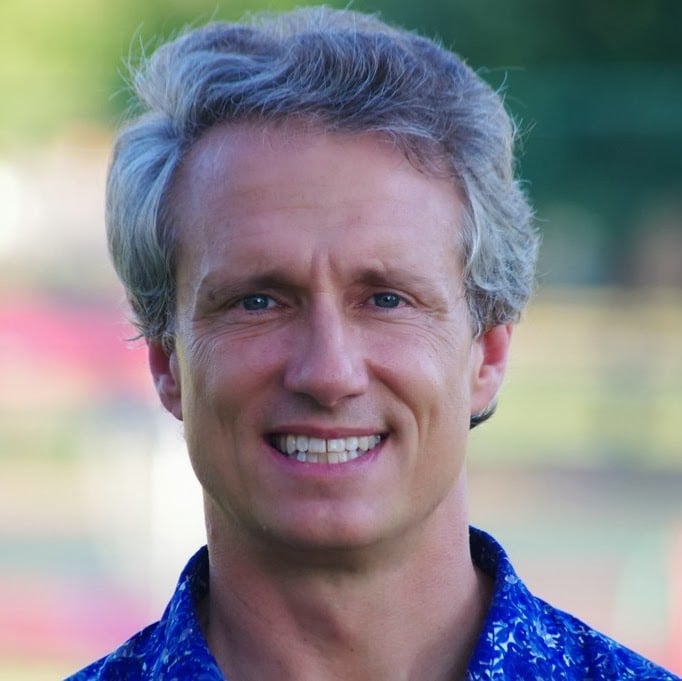In the past few decades, much research has revealed the importance of sleep and the dangers of sleep-deprivation.
I should note that with is an area where Susie's instincts have been better than mine. Ouch, that hurt.
Math students who got a full night sleep were substantially more likely to complete a particularly difficult problem than their peers that pulled all-nighters, though the first group only had 8 hours to work and their competition 16.
Sleep-deprived doctors are less likely to make correct diagnoses than they do when well rested (twice as likely to get the right diagnosis in half the time).
The theory regards stress. All mammals feel stress in similar ways: the release of cortisol helps create greater focus and awareness. It also directs energy toward the large muscles (associated with the “fight or flight” response) and away from digestion and mental efforts other than the most basic ones like “where do I run” or “how shall I fight”.
People under stress simply cannot access all their brain capacity because their bodies are reacting as if under threat.
Why does sleep-deprivation cause this stress response? I am not sure if there is actual research here, but I have a pretty good theory. I look at pets at homes and animals in the wild and I see a lot of sleep. I mean a lot of sleep.
I then ask myself, “When might an animal get less sleep than it wants?”
When it is hungry, under threat, protecting its young or avoiding natural disasters.
In other words, stressful situations.
I believe that the human body, like all mammals, experiences sleep-deprivation as a form of stress because sleep-deprivation only naturally happens when there is stress around.
I know this seems somewhat circular, but the more I read the research, the more that the sleep-deprived seem to respond like the deeply stressed.
I would hope that this research helps change some of the work rituals that have come out of a “tough it out” mindset of the past. Long medical rotations do not make sense in the light of this research. The all-nighters of investment banking are surely creating more problems than they help.
My biggest concern in this area is teens. Nature and society have truly conspired against them. First, they require MORE sleep than pre-teens since their brains are going through massive growth spurts. Brain activity requires sleep. The brain grows most in babies 12-24 months (this is a rough estimate, I do not remember the exact ages here) and again as teens. Second, the melatonin cycles of teens become messed up just as they require the most sleep. Melatonin regulates sleep patterns. For teens, the cycles shift so that they are wide awake late into the evening but desperate to continue sleeping until late in the morning. Left to their own devices, they would get enough sleep this way, albeit while deeply annoying their parents.
But here is the final cruel twist of fate. We require them to go to school early. So they stay up late and wake up early all during the period they need extra sleep.
And we wonder why they often seem moody and disconnected.
I write all of this because I know of what I speak; I was the petulant teen for the past 2 days.
You see, I woke up before 5AM (out of necessity) for two days in a row.
The first wake up came at 4:45 for a conference call required by my role as Treasurer of the American Camp Association. I had chosen a time that I thought was only mildly inconvenient, but missed the mark. I had scheduled the call during the first 11 weeks in Asia, where we were 11-13 hours off east coast time. I offered to have the call at 9AM or 11AM there, which would be late in the evening (9PM or 11PM here). That stinks, but remains manageable.
The call then got postponed. I kept thinking 9-11AM and accepted another date. This date, however, found me in Wellington, which is 6 hours ahead of Vietnam. My call was now at 5AM. I needed to find a quiet room at the camper park, test the Internet connection and place the call by 5.
Ugh.
The next day, we needed to take the ferry across to the South Island. I worry about sleeping through important deadlines line plane departures of ferry crossings. The alarm was set for 6AM, but I woke early and started all the needed tasks.
Both previous nights, we had started dinner late and stayed up later. New Zealand is in its summer and we are far below the equator. As a result, the sun does not set until 9PM and it is not dark until 9:30. This means that you can be having a blast discovery new places and suddenly realize that it is 7:30 and you are still an hour away from the camper park where you then start preparing dinner.
The combination of two successive midnight bedtimes and 5AM wake-ups had a highly deleterious effect on your humble narrator. I was like a baby needing a nap – quick to frustration. I did not want to drive, but I did not want to shop either. In fact, I was pretty sure I did not want to do anything proposed to me (by my loving and slightly scared bride). I just wanted to take my ball and go home.
Since I have spent so much time thinking about sleep deprivation, I knew what was happening. This knowledge, however, did not mitigate the mood.
I share all this simply as a simple reminder that some of the best advice still comes from our grandparents who always stressed the importance of a good night’s sleep.
Steve Sir


